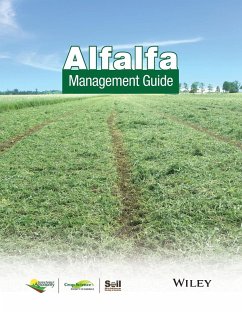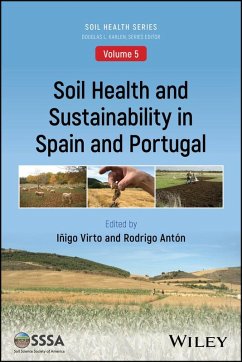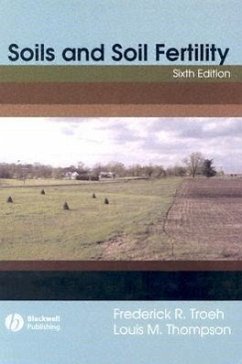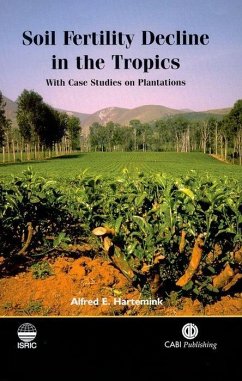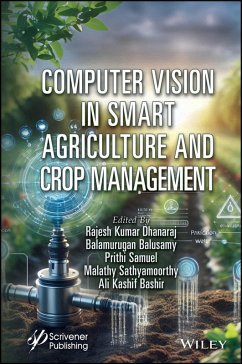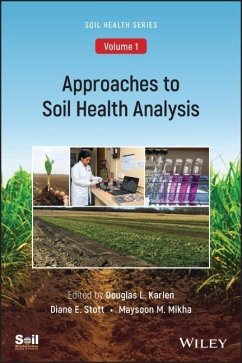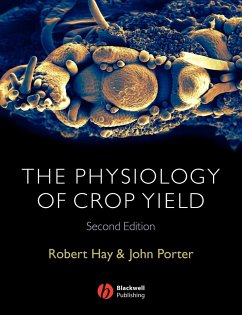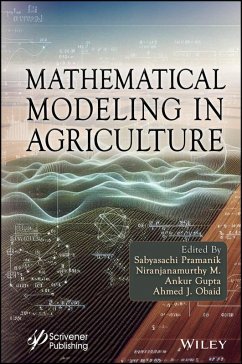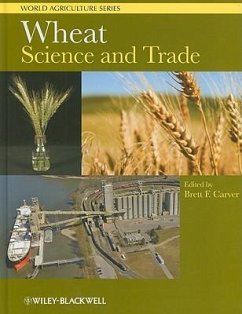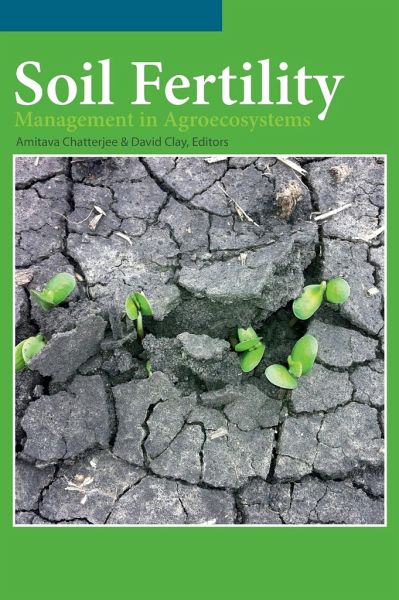
Soil Fertility Management
Versandkostenfrei!
Versandfertig in über 4 Wochen
30,99 €
inkl. MwSt.

PAYBACK Punkte
15 °P sammeln!
In Soil Fertility Management in Agroecosystems, Editors Amitava Chatterjee and David Clay provide a thoughtful survey of important concepts in soil fertility management. For the requirements of our future workforce, it is imperative that we evolve our understanding of soil fertility. Agronomists and soil scientists are increasingly challenged by extreme climatic conditions. Farmers are experimenting with integrating cover crops into rotations and reducing the use of chemical fertilizers. In other words, there is no such a thing as a simple fertilizer recommendation in today's agriculture. Topi...
In Soil Fertility Management in Agroecosystems, Editors Amitava Chatterjee and David Clay provide a thoughtful survey of important concepts in soil fertility management. For the requirements of our future workforce, it is imperative that we evolve our understanding of soil fertility. Agronomists and soil scientists are increasingly challenged by extreme climatic conditions. Farmers are experimenting with integrating cover crops into rotations and reducing the use of chemical fertilizers. In other words, there is no such a thing as a simple fertilizer recommendation in today's agriculture. Topics covered include crop-specific nutrient management, program assessment, crop models for decision making, optimization of fertilizer use, cover crops, reducing nitrous oxide emissions, natural abundance techniques, tile-drained conditions, and soil biological fertility.



